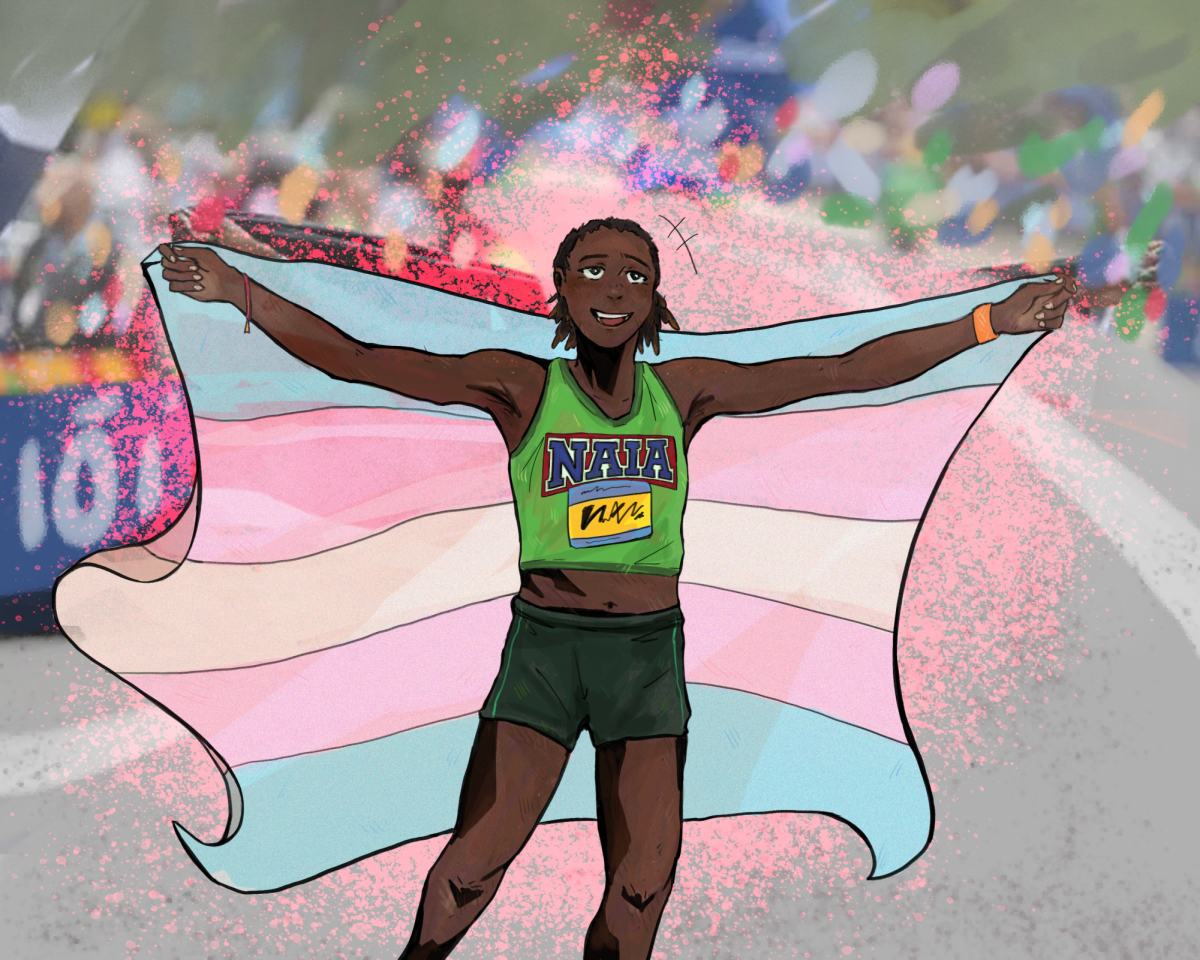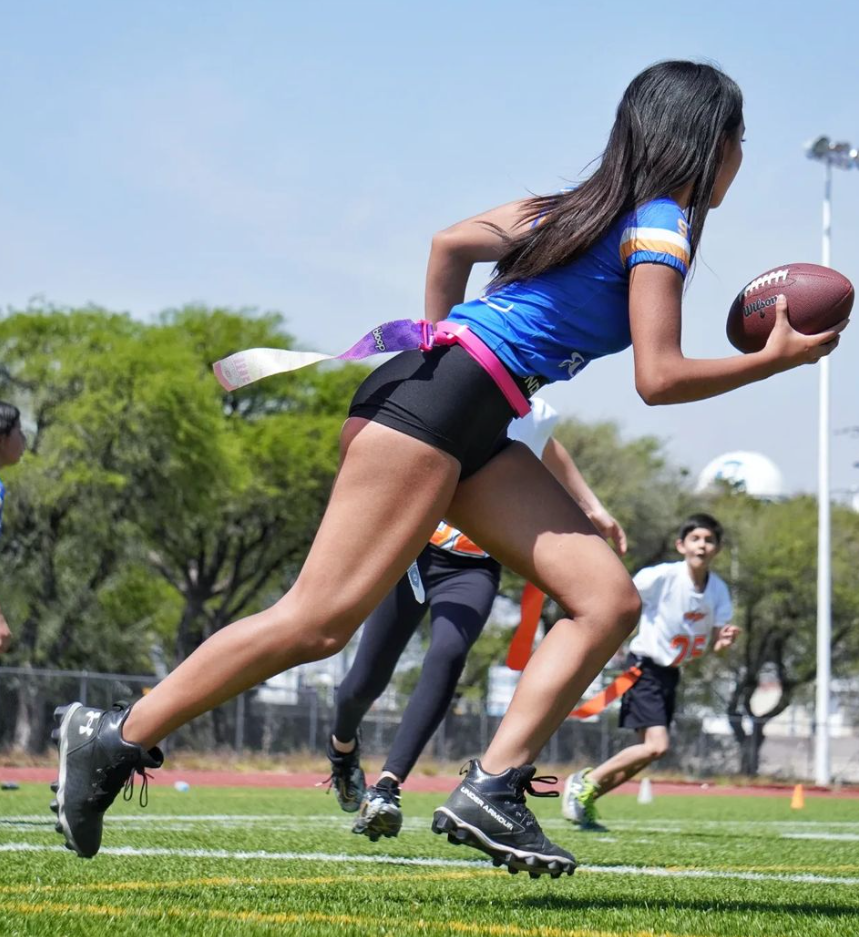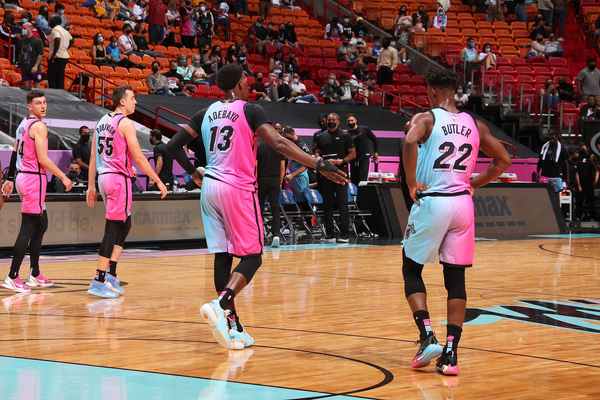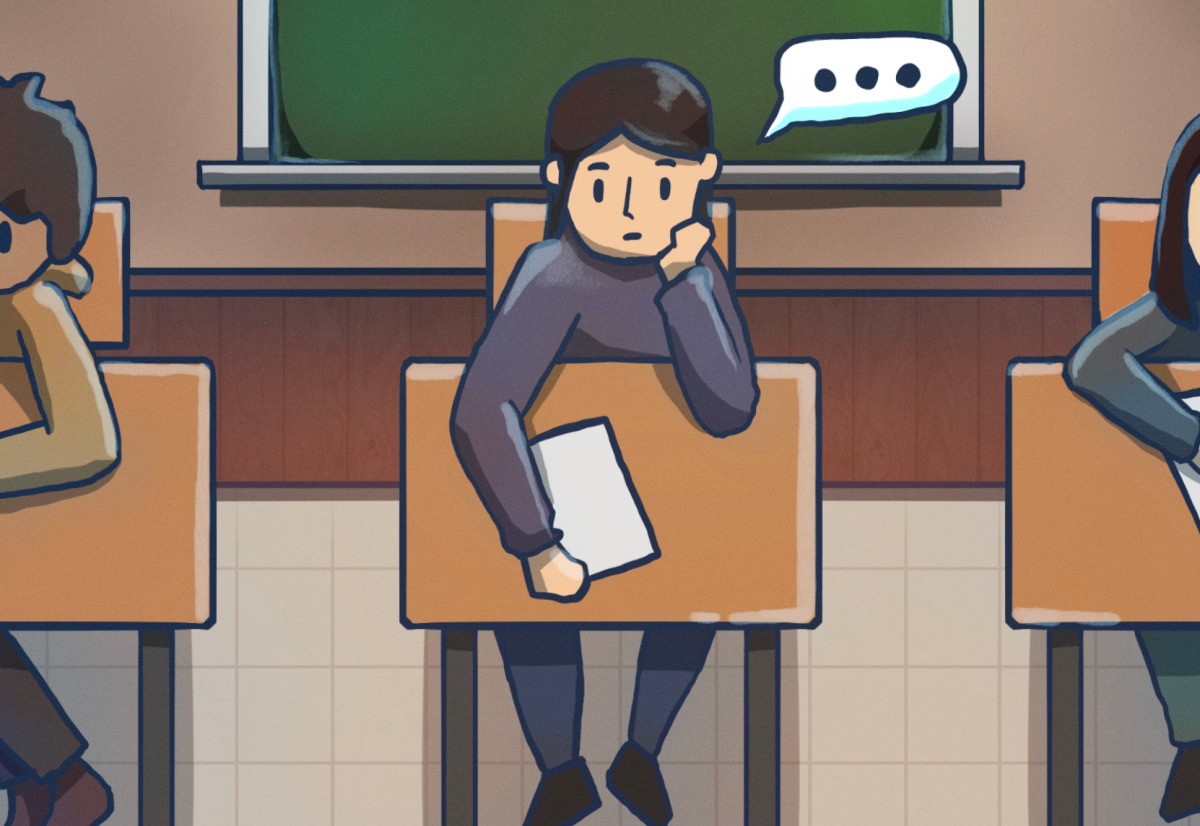On April 8, 2024, the National Association of Intercollegiate Athletics (NAIA) announced a policy change regarding transgender athletes. Though the new policy bans transgender and nonbinary athletes from competing in the postseason — also known as playoffs — within women’s sports, it doesn’t ban them from competing in the division of their choice in the regular season.
The NAIA Council of Presidents approved the new policy in a 20–0 vote. The NAIA oversees about 83,000 athletes at schools nationwide and is the first college sports association to mandate that athletes compete according to their assigned sex at birth.
According to the policy, all athletes may participate in NAIA-sponsored male sports. However, only athletes whose biological sex is female and who have not begun hormone therapy will be allowed to participate in women’s sports.
NAIA President and CEO Jim Carr emphasized that students can still participate in workouts, practices, and team activities. Carr believed this policy would ensure fairness in competition within the association.
Competitive cheer and competitive dance, sports in which both sexes participate, are included in separate categories. The NAIA policy – which limits unfair usage of strength, speed, and stamina – does not apply to competitive dance and cheer, as anybody is allowed to participate.
There is no known number of transgender athletes at the high school and college level, but it is estimated that 1.6 percent of Americans are transgender. Over time, this has become a rising issue among conservative groups who believe transgender athletes should not be allowed to compete on girls’ and women’s sports teams.
South Carolina Women’s Basketball Head Coach Dawn Staley believes transgender athletes should be allowed to compete in women’s sports, she said in an interview with ESPN.
“I’m of the opinion that if you’re a woman, you should play,” Staley said in the interview, “If you consider yourself a woman and you want to play sports, or vice versa, you should be able to play.”
Before announcing the ban, the NAIA conducted almost two years of research by meeting with experts to understand the issue better and obtain feedback from multiple membership groups. When developing the policy, the NAIA made its best effort to include transgender athletes in any way that did not impact the competitive fairness of women’s sports, said Carr.
The policy includes information about the eligibility of male student-athletes. Regarding female student-athletes, only student-athletes whose biological sex is female and who have not begun masculinizing hormone therapy may participate in NAIA-sponsored female sports.
Sports officials are still deciding how to incorporate this policy into college sports. Most consider the policy change an outrage, but some believe it was necessary to keep women’s sports fair.
Colleges such as Harvard have responded to the news with their own opinion.
In an article criticizing the policy, the Harvard Crimson newspaper suggested that the new policy will influence other major athletic governing bodies including the National Collegiate Athletes Association, to follow suit.
Only time will tell whether or not this policy will make as big of an impact as the Harvard Crimson thinks.






















